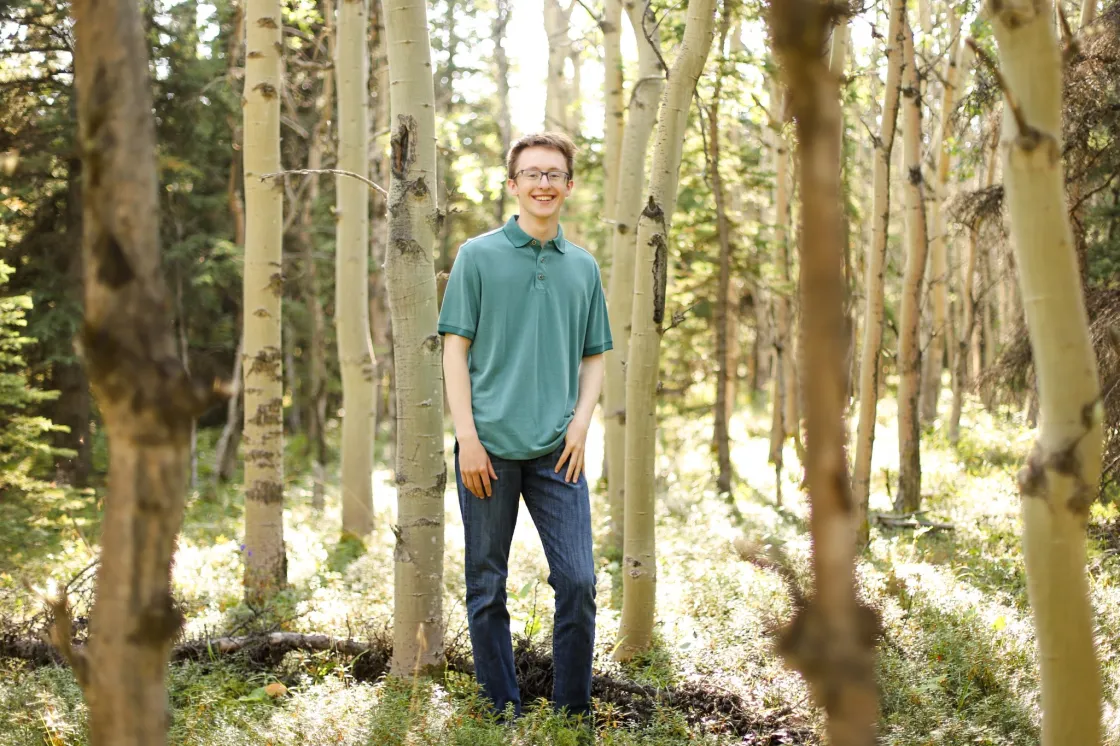Under the ELOKA program, funded by the National Science Foundation (NSF), principal investigators Noor Johnson and Matthew Druckenmiller recognized the potential to train and build the capacity of students. As part of its mission to support the stewardship of local observations and knowledge of the Arctic, ELOKA works with partner organizations to develop online tools to archive and share place-based knowledge. One such atlas, known as the Yup’ik Atlas, aims to capture the placenames of the Yup’ik Peoples’ homeland, including camp and settlement sites, rivers, sloughs, rocks, ponds, even sandbars and underwater channels.
The Yup’ik Atlas project began in 2000, working with local communities to document Yup’ik place names. In 2012, the Atlas launched online. The project has continued to evolve, including engaging youth through a partnership with the Lower Kuskokwim School District. In 2019, ELOKA began to develop a new module for the Atlas, Our Changing World, which includes information about climate and landscape change in the region. This required ordering and adding historical images and contemporary high-resolution satellite images for each community in the Yup’ik region into the Atlas. ELOKA saw an opportunity to involve a university student with interests in software development and geospatial information. ELOKA decided to put out a call for a 2022 summer intern through the Alaska Native Science and Engineering Program (ANSEP), which offers a scholarship to students who have received a competitive hourly wage for their time.
Search and deliver
Growing up in Denali Park, Alaska, Benjamin Brown heard stories about communities affected by floods, river erosion, and sea level changes. Though he did not experience these changes in his own rural Alaskan upbringing, after enrolling at the University of Alaska Anchorage where he is now a sophomore studying computer science, he made friends from other parts of the state, including some who shared their first-hand experience of environmental changes. When he learned that ELOKA was working with some of these communities on a project to share Yup'ik place names, it piqued his interest and he applied. After interviewing several applicants to the ELOKA internship, ELOKA chose Ben for his skills in computer science, his interest in exploring different geospatial tools, and in learning more about Yup’ik communities in Alaska.
Mentorship for the future
Most of what Ben did during the internship was new to him. For instance, he never worked in JavaScript, or a codebase as large as Nunalit, the software foundation of the online atlases. During his internship, Ben also worked with satellite imagery, figuring out how to incorporate a new feature into the Atlas. With mentoring support from ELOKA developer Brendan Billingsley, though, Ben was able to create the new landscape change module using spyglass in the Yupik Atlas.
For Ben, the internship allowed him to get hands on experience working with GIS software and large data. He is not sure what is next for him, but he is pleased that his work has left a meaningful mark. He will continue working with ELOKA through the 2022 fall semester.
As for ELOKA, the team learned the power of bringing a dedicated student onboard who has technical skills as well as an interest in exploring the type of collaborative work that ELOKA pursues with Alaska communities, and the patience to work with a team that aims to be responsive to its community-based partners.

